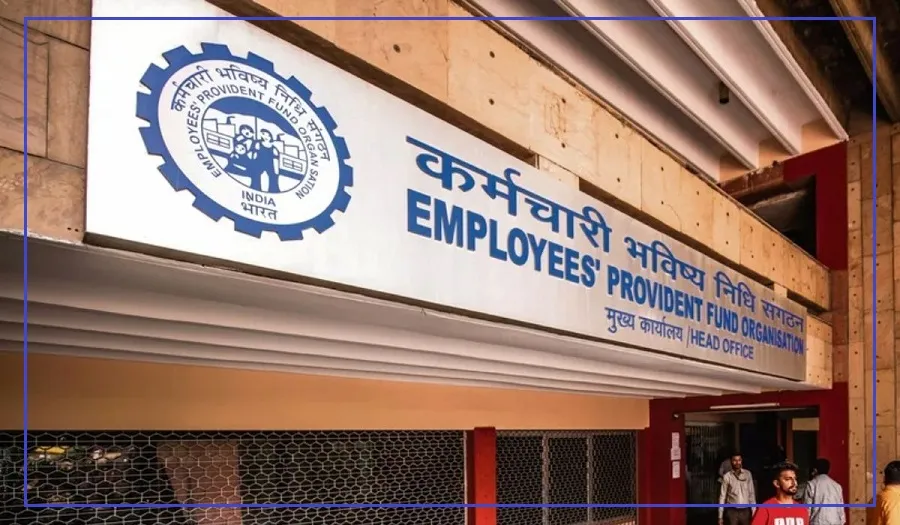EPF Contribution Breakdown:
Employers contribute 12% of the basic salary plus dearness allowance to the EPF, with an additional 12% deducted from the employee’s salary.
Notably, 8.33% of the employer’s contribution is allocated to the Employees Pension Scheme (EPS), which does not accumulate interest.
Tax Benefits under Section 80C:
Contributions to EPF offer significant tax benefits. For instance, if an employee’s basic salary is ₹60,000 per month with an EPF contribution of ₹7,200 (12% of basic salary), they can claim a deduction of ₹86,400 (12 x ₹7,200) annually under Section 80C.
This deduction reduces taxable income, consequently lowering tax liability.
Tax-Free Interest Accumulation:
Beyond its role as a retirement fund, EPF offers tax advantages to its members.
With Section 80C allowing deductions of up to ₹1,50,000, tax-free interest accumulation, and complete exemption from income tax upon withdrawal post five years, EPF emerges as a compelling option for long-term investment, as stated by Abhishek Soni, CEO, and Co-founder of Tax2win.
Triple Tax Exemption:
EPF provides tax exemption on contributions, interest, and withdrawals—a triple tax advantage that enhances its appeal.
By directing a portion of one’s salary into a pension fund, individuals not only reduce taxable earnings but also mitigate high tax payments, according to Ashish Aggarwal, Director, Acube Ventures.
Tax-Free Withdrawals:
Upon retirement or voluntary job termination, EPF savings remain untaxed upon withdrawal, ensuring individuals enjoy the full benefits of their hard-earned savings without deductions, as emphasized by Ashish Aggarwal.
High-Interest Rates:
The EPFO has announced a three-year high-interest rate of 8.25% on EPF deposits for 2023-24, subject to government approval.
This rate, once sanctioned, will be credited to the accounts of over six crore EPFO subscribers, further enhancing the attractiveness of EPF as a retirement planning tool.






















